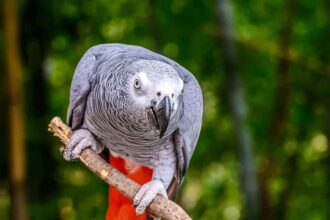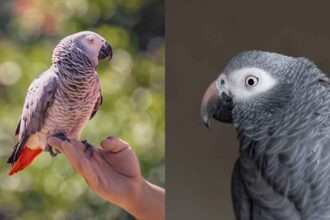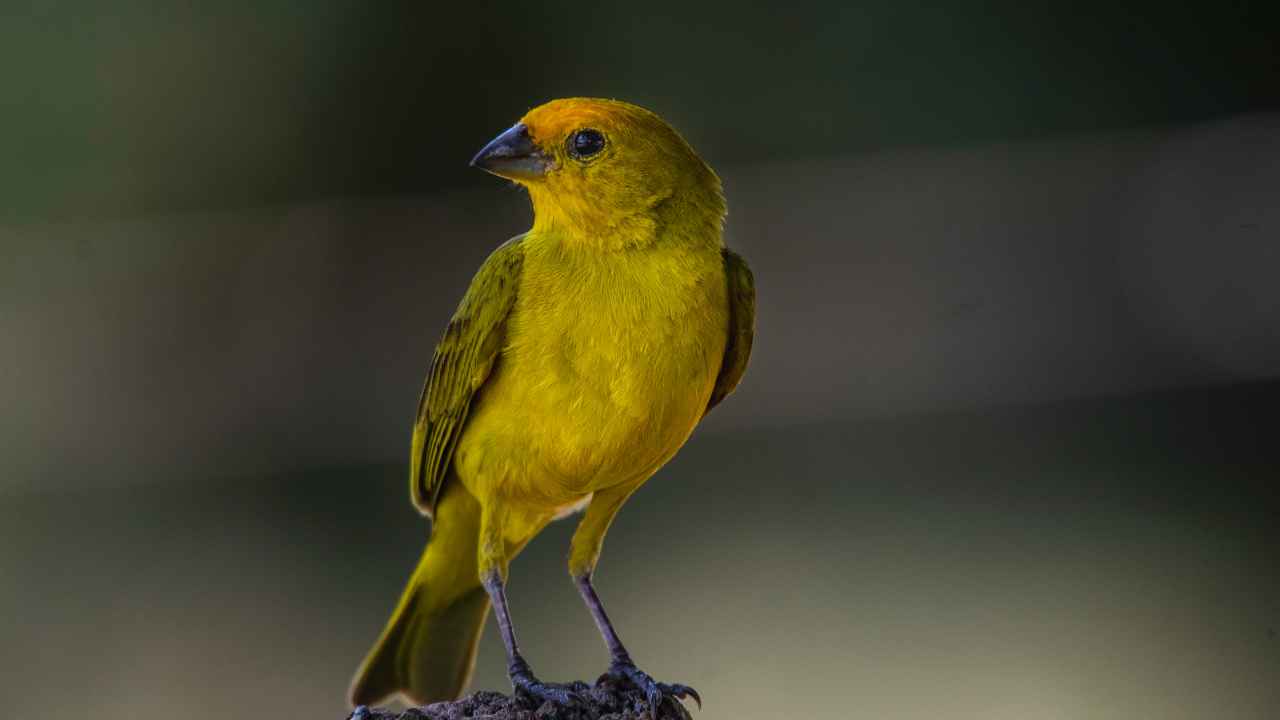Although it’s a fun and fulfilling hobby, raising young canaries calls for careful consideration to guarantee their health and welfare. Popular among bird lovers for their vivid colors and melodic melodies, canaries are Still, rearing young canaries successfully calls for more than simply food and cover. It requires close attention to detail, knowledge of their needs, and design of a setting fit for their natural habitat. From creating a nesting environment to guaranteeing their correct nutrition and general health, this thorough guide will bring you through the key stages of caring for young canaries.
Realizing the Character of Canaries
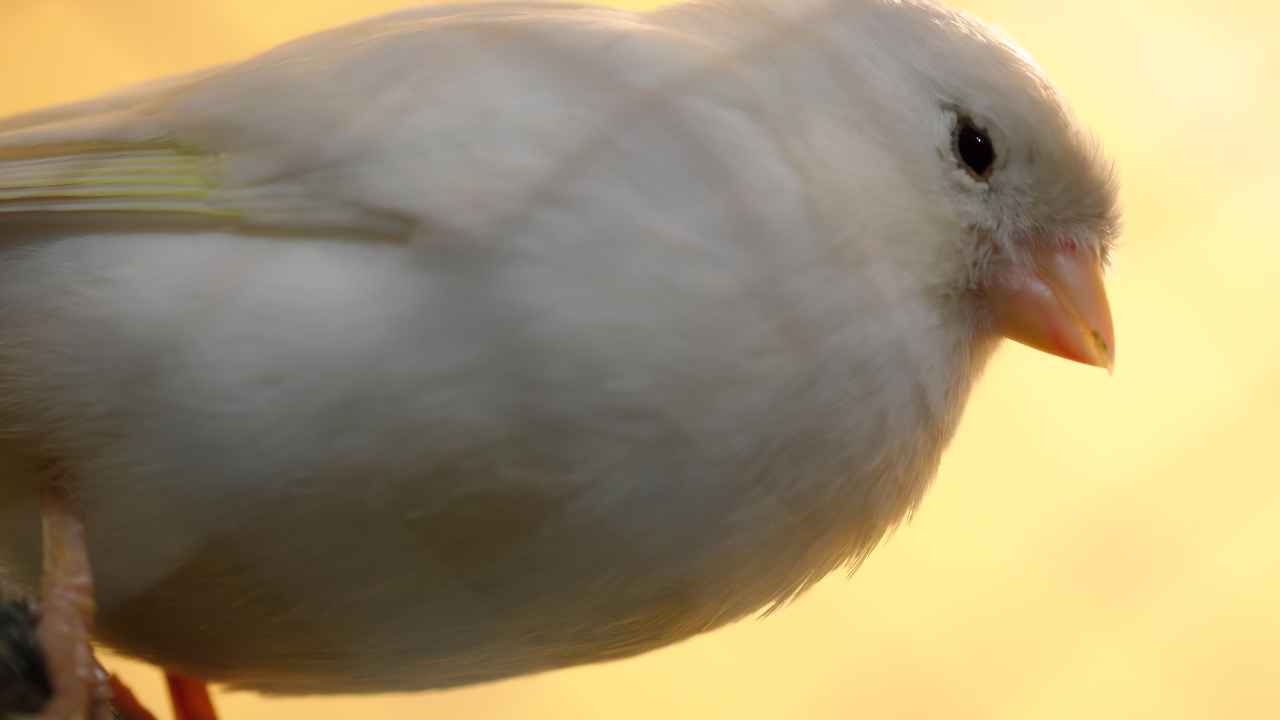
Small and energetic songbirds native of the Canary Islands, Madeira, and the Azores are canaries. For millennia, people have kept them as popular pets because of their exquisite plumage and captivating singing. Although they have certain needs, particularly throughout the breeding and raising phase, canaries are rather easy to keep.
It’s important to know the normal behavior and surroundings of young canaries before delving into their parenting specifics. Canaries feel safe and secure in a tranquil, steady surroundings. Though they can be territorial, particularly during the breeding season, they are gregarious birds that like companionship of others. Knowing these habits will enable you to design a good habitat for raising young canaries.
Creating a cozy nesting space
Making a suitable and safe nesting place comes first in raising young canaries. The mother canary will lay her eggs and the babies will be nurtured in the nesting area. Successful hatching and growth of the chicks depend on a suitable nesting habitat.
selecting appropriate nesting materials
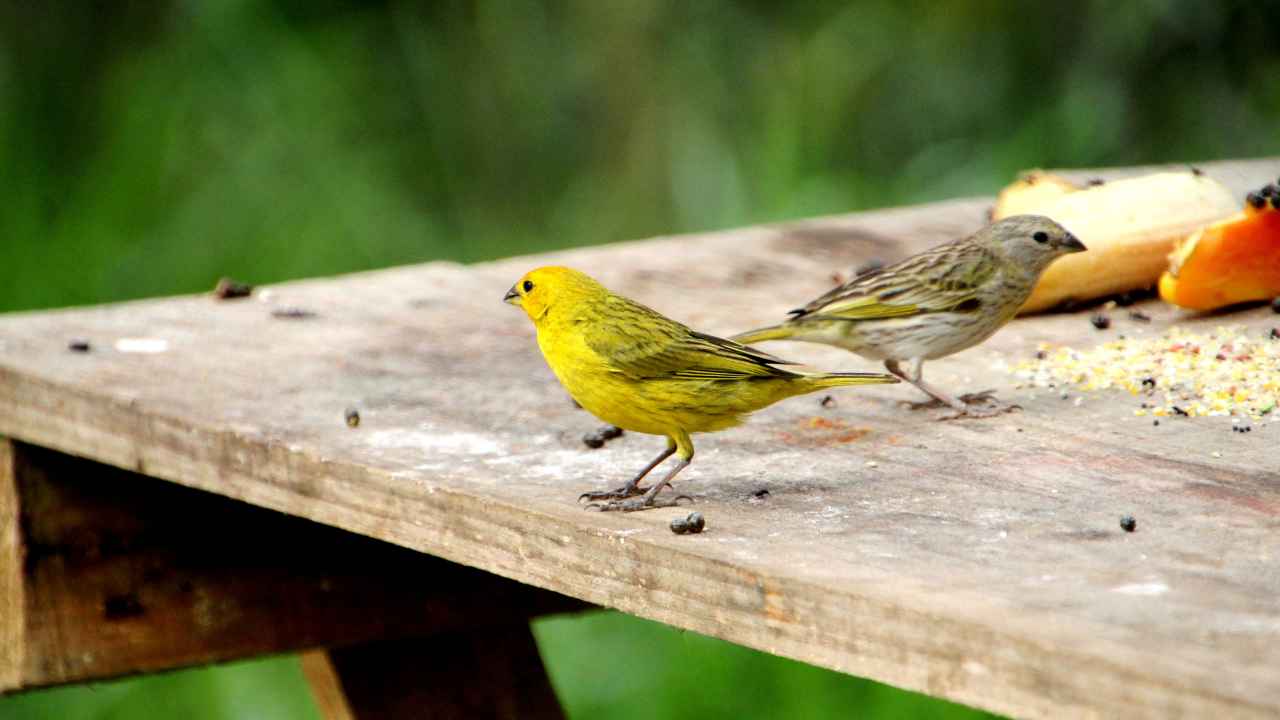
Choose an appropriate nest pan or nest box first, then position it in a calm, undisturbed section of the cage. Natural, soft materials include coconut fiber, cotton, or soft grasses should line the nest. These materials give the eggs and chicks a warm home and resemble the natural surroundings of the canary. Make sure the building supplies are free of any dangerous chemicals or bugs and clean.
orienting the nest
The nest should be placed firmly in the cage far from any direct sunlight or drafts. Canaries feel safe from possible hazards by preferring a somewhat upward nesting site. Make sure the nest is securely fastened to stop it from tipping over and maybe injuring the eggs or chicks.
Giving Parent Canaries Appropriate Food
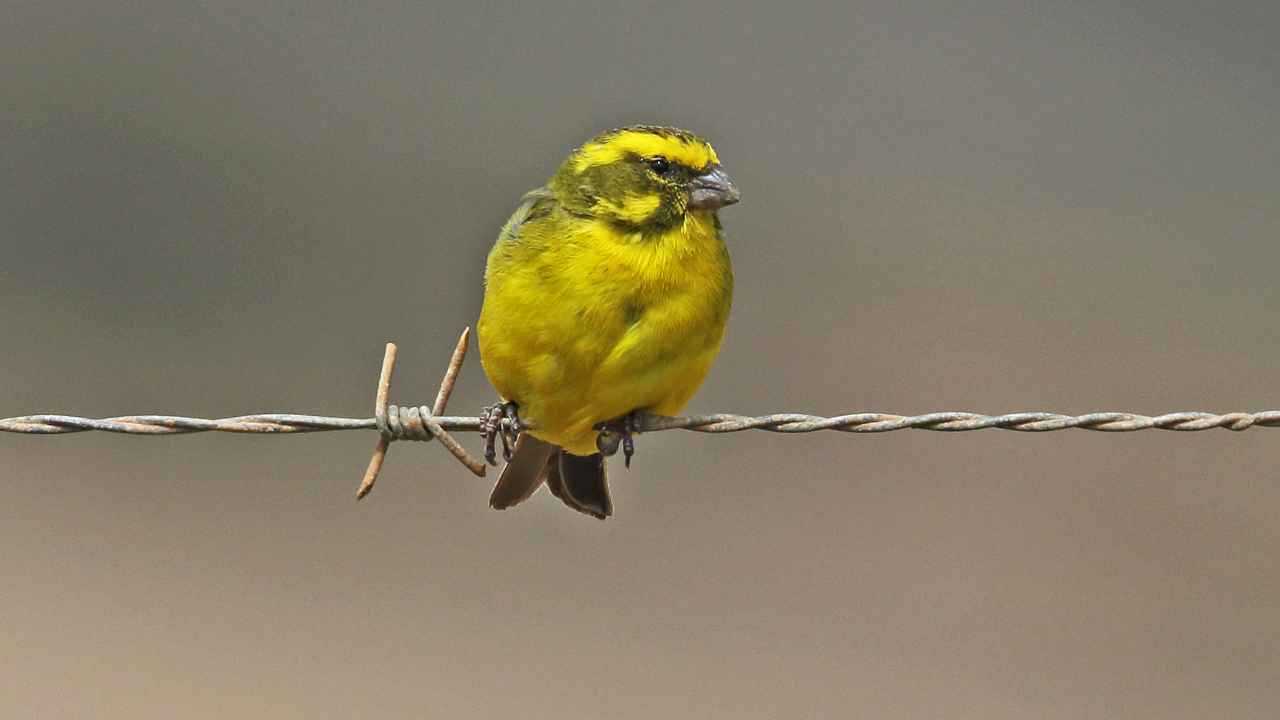
The health and well-being of parent canaries as well as their progeny depend much on nutrition. The parents must have a well-balanced diet if they are to generate healthy eggs and if the chicks are to develop robust and vivid.
premium seeds
The food of a canary should consist on premium seeds especially designed for them. These seeds offer the nutrients required for general health and energy. Search for a combination including hemp seed, millet, and canary seed among other seeds. Steer clear of seed blends including synthetic colors or preservatives since these could endanger the birds.
Fresh Foods and Vegetables
Apart from seeds, a canary’s diet should consist regularly in fresh fruits and vegetables. These foods supply water, minerals, and important vitamins. Among safe choices are apples, carrots, spinach, and broccoli. Thoroughly wash all fruits and vegetables, then remove any seeds or pits that can poison the birds.
Raising and preparing food
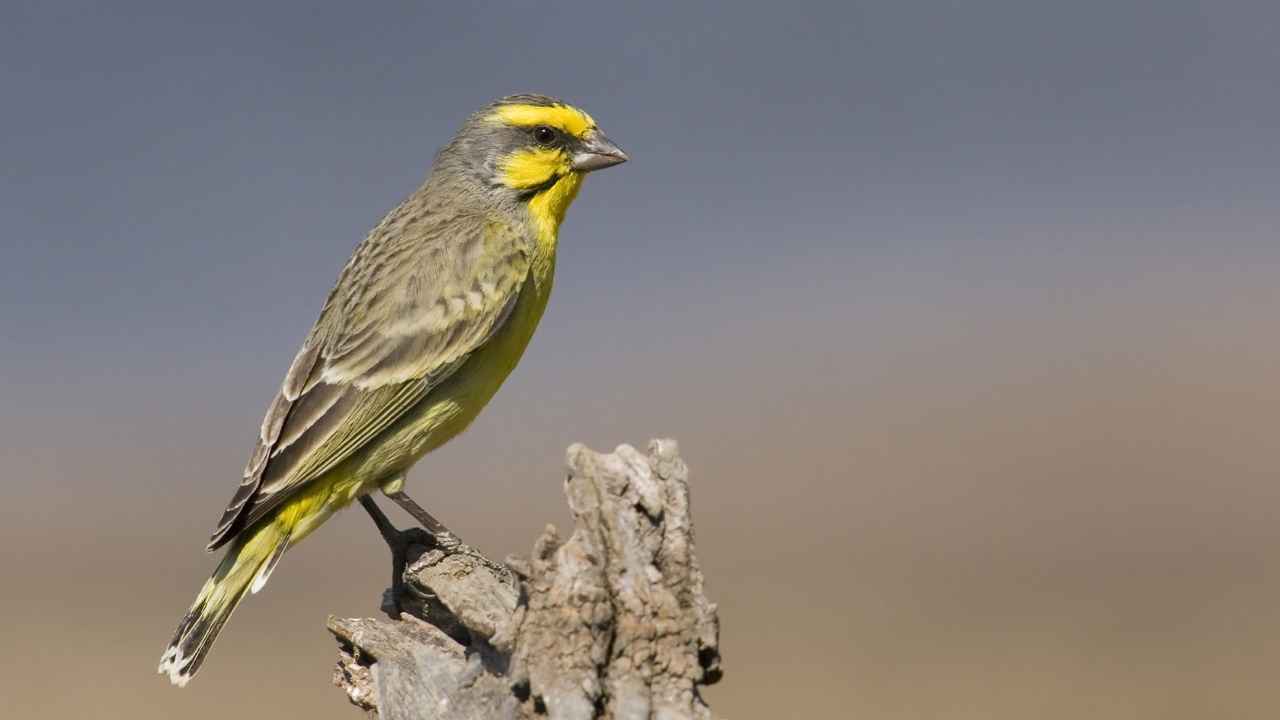
Including raising and conditioning food into the diet of the canaries helps during the breeding and rearing period. Rich in minerals, vitamins, and proteins, this especially made diet supports egg production and young chick development. Pet stores sell rearing food, which is usually soft, crumbly and easy for the parents and chicks to eat.
Calcium Remarks
Strong bones in both parent birds and offspring depend on calcium for development. Give a calcium supplement—cuttlebone, mineral blocks, or broken eggshells—either cuttlebone, mineral blocks, or crushed eggshells to avoid calcium shortage and consequent problems like egg binding. These vitamins should be always available, especially during the mating season.
Control of Humidity and Temperature
Successful breeding and rearing of canaries depends on keeping appropriate temperature and humidity conditions. These sensitive to environmental changes, hence variations in temperature or humidity can influence their health as well as the development of the eggs and chicks.
Dream Temperature Range
Rearing canaries calls for a temperature range optimal between 65°F and 75°F (18°C and 24°C). Extreme temperatures are sensitive to canaries, hence their surroundings must remain constant. Steer clear of setting the cage next to windows, heaters, or air conditioners since these can result in abrupt temperature swings. To keep a constant temperature in the colder months, think about running a heat lamp or space heater.
preserving humidity levels
Maintaining between 40% and 60% humidity will help to replicate the natural habitat of the canaries. While high humidity could result in respiratory problems and mold development in the nesting environment, low humidity might cause the eggs to dry out. Using a humidifier or a shallow dish of water close to the cage will help you raise humidity if your climate is dry. On the other hand, should the humidity be very high, think about utilizing a dehumidifier or enhancing room ventilation.
Parental Care: Promoting Natural Activities
Seeing the natural parenting actions of the adult birds is among the most satisfying features of raising young canaries. Att attentive parents, canaries actively help their chicks and participate in their care. Reducing disturbance and letting the parents lead in raising their young will help to guarantee effective rearing.
Seeing Feeding and Bonding Customers
Important for the chicks’ development are particular feeding and bonding rituals followed by canaries. Usually feeding the mother during the incubation phase, the male canary will let both parents feed the chicks in turns once they hatch. The parents regurgite partially broken down food into the mouths of the chicks. It’s important to see these behaviors free from intervention since too much handling or disturbance might lead to stress and impair the natural parenting process.
Reducing Stress and Disruption
The health of the parent canaries as well as the chicks depends on a stress-free surroundings. Keep noise levels moderate and steer clear of abrupt motions about the cage. Furthermore crucial is restricting handling of the chicks, particularly in the first few weeks of life. Too much handling might create stress and might force the parents to leave the nest. If you have to check on the chicks or tidy the cage, do it fast and softly so the parents feel safe and comfortable.
Keeping Young Canaries in Health
Ensuring the young canaries grow into healthy, energetic adults depends on regular monitoring of their health and growth. Examining their physical appearance, behavior, and growth trends closely will help you spot possible medical problems early on.
Signs of a Healthy Chick
Active, attentive, and receptive to their parents, healthy canary chicks should They should have brilliant, clear eyes and silky, well-groomed feathers. Growing should cause them to start exploring their surroundings and slowly acquire weight. See an avian veterinarian for expert assistance if you observe any symptoms of concern, including lethargy, trouble breathing, or unusual development patterns.
Preventing Typical Health Problems
Among the various health problems young canaries are prone to include parasitic infestations, intestinal disorders, and respiratory illnesses. Regular cleaning of the cage, nest, and feeding dishes helps to keep a clean and hygienic surroundings, thereby preventing these problems. Make sure the diet is balanced and devoid of any tainted or spoiling food. Check the birds often for mites or other parasites; treat any infestations right away with the suitable treatment.
Weaning and Moving toward Independence
A crucial period in young canary growth is weaning, which symbolizes their change from depending on their parents for sustenance to eating on their own. To guarantee the chicks’ ongoing growth and survival, this process should be carried out gently and carefully.
Introducing Solids
You can start including solid meals into the chicks’ diet as they start to grow and develop their feathers. Start by presenting little quantities of soft, readily digestible foods including finely chopped greens, cooked vegetables, and mashed fruits. As the chicks become more at ease eating on their own, progressively bring seeds and raising food. One should keep an eye on their development and make sure they are consuming enough to support good growth.
Promoting Solo Eating
Encouragement of the young canaries to feed on their own calls for patience and gradual change. Food dishes should be arranged in the cage at different heights to facilitate chick access to the food. Watch their eating patterns and offer extra help if necessary. While some chicks may wean more slowly than others, it’s crucial to be patient and let them advance at their own speed.



